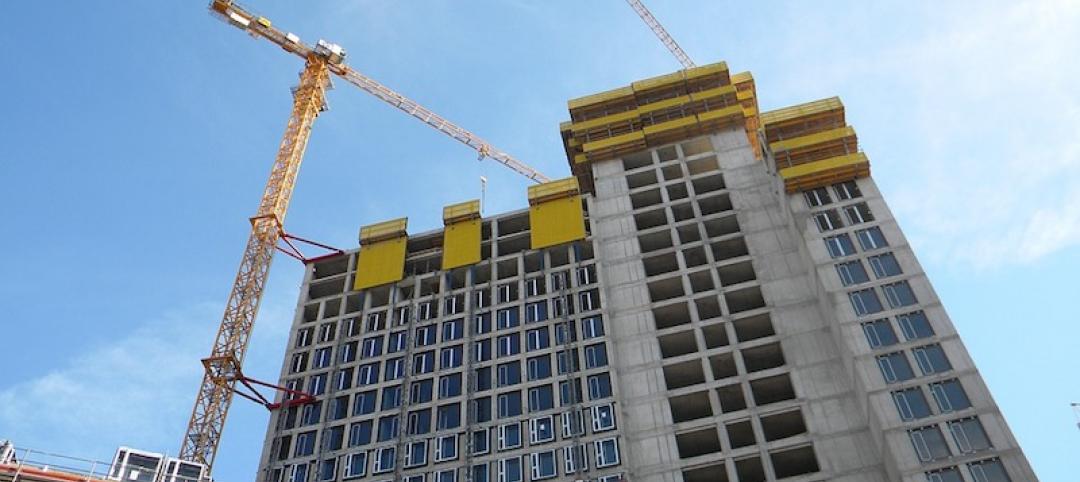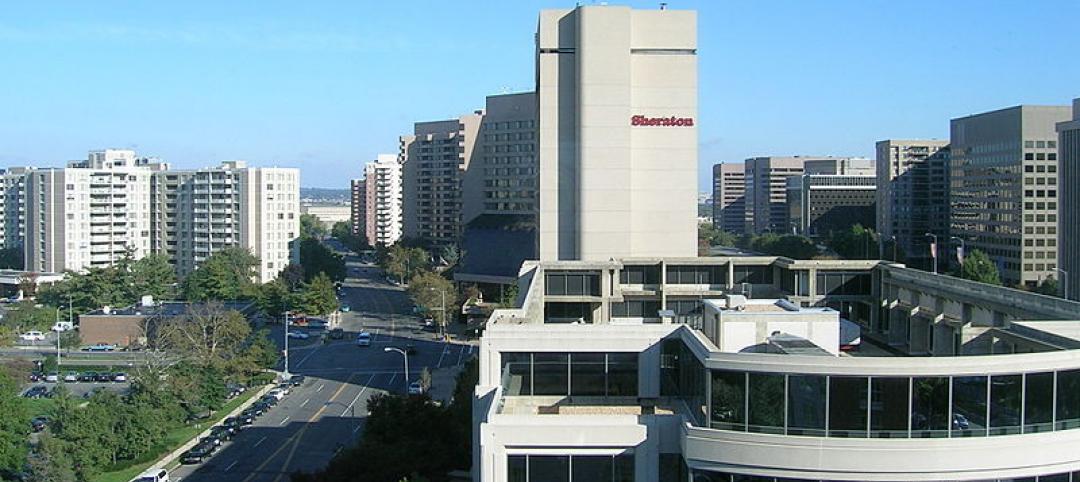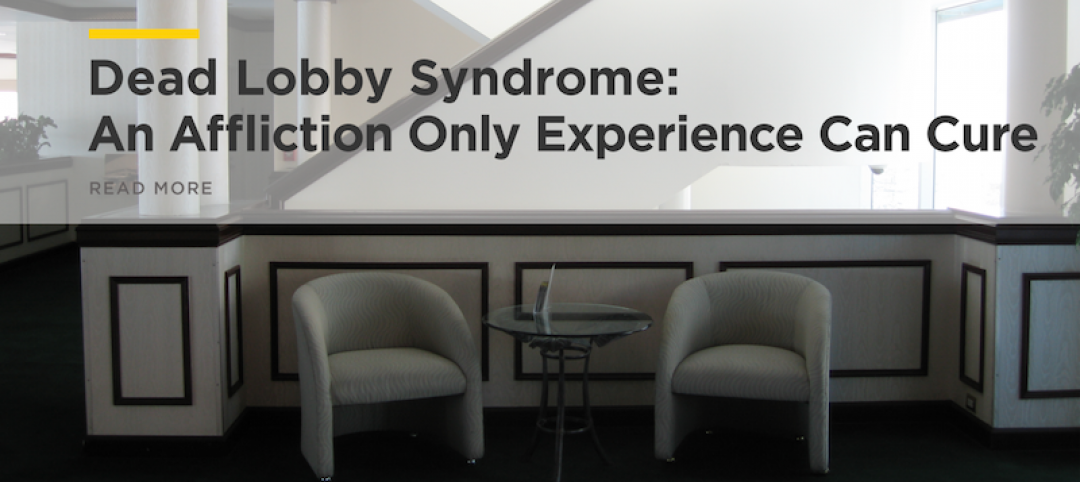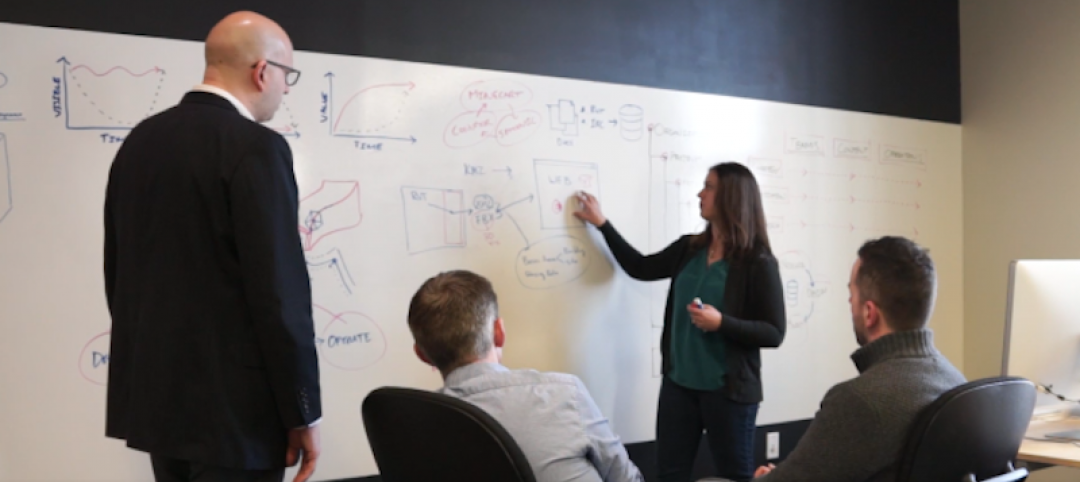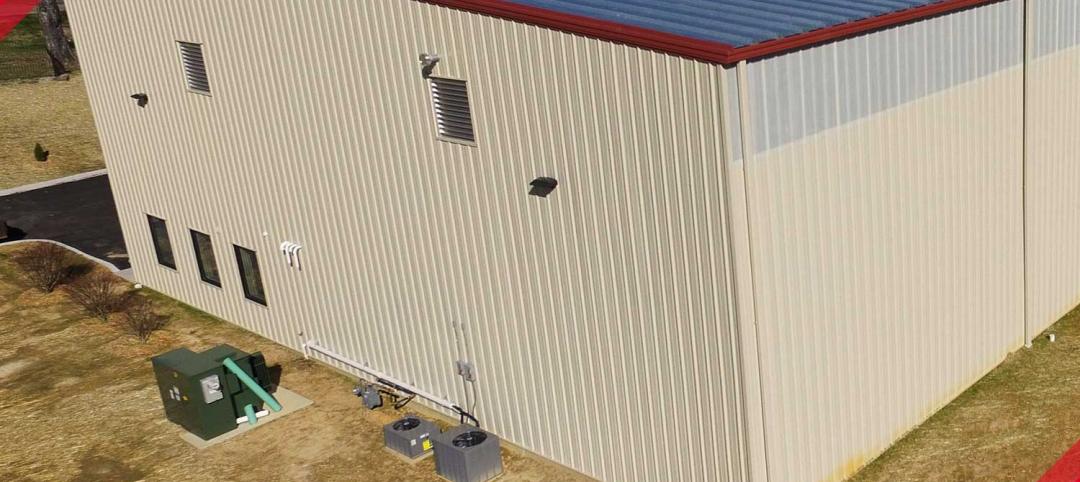The recently released 2018 Commercial Buildings Energy Consumption Survey (CBECS) by the U.S. Energy Information Administration found that the total floorspace in commercial buildings has increased but energy consumption has not, compared with the last survey analyzing the landscape in 2012.
This difference indicates that the consumption per square foot (energy intensity) has decreased, which means that its efficiency has likely increased. The 2018 data showed a decrease in energy intensity of 12% since 2012, from 80,000 Btu per square foot to 70,600 Btu per square foot. Between 2012 and 2018, electricity intensity decreased 14%, and natural gas intensity decreased 11%.
Inpatient healthcare buildings had a 16% decrease in energy intensity in what was the largest change of any building type. Despite this decrease, though, inpatient healthcare buildings were still among the most energy-intensive types of buildings, along with food sales and food service.
Warehouses—the most common commercial building type as of 2018—were among the least energy-intensive building types, along with vacant buildings and those used for religious worship. Decreases in energy intensity are driven by improvements in building operations, materials, and design, as well as heating, cooling, and lighting technologies. Use of highly efficient LED lighting has spiked from 9% of commercial buildings in 2012 to 44% in 2018.
Related Stories
Building Team | Feb 13, 2019
3 exciting tech developments that show promise for AEC adoption
The BD+C editorial team is on a mission to track and evaluate the latest tech tools and trends that show promise for widespread AEC adoption.
Building Team | Jan 10, 2019
Skilled labor shortages continue to make off-site fabrication and construction attractive
But the AEC industry’s “culture” impedes greater acceptance, according to a recent National Institute of Building Sciences survey.
Building Team | Jan 7, 2019
2019 outlook: Firms not betting on another record-setting year
Despite the positive indicators for the market, AEC professionals remain largely cautious when it comes to growth prospects for 2019.
Building Team | Jan 4, 2019
Design-build delivery is setting new parameters for project management
FMI paper provides clues to what makes these contracts click (or not).
Building Team | Dec 11, 2018
And then there were two: HQ2 sites, in hindsight, seemed obvious
The two cities already had the greatest number of Amazon employees outside of Seattle.
Building Team | Oct 16, 2018
Dead lobby syndrome: An affliction only experience can cure
The competition for great tenants has rarely been as fierce as it is today.
Building Team | Aug 21, 2018
Five habits that are keeping your digital strategy from working
Strategies are always created with the best of intentions for improving business, the effort involved in executing the strategy – especially ones involving disruptive digital capabilities – is greatly underestimated.
Building Team | Aug 17, 2018
Silicon Valley is here. Get over it.
AEC firms continue to have angst about a tech-industry takeover of the market. One expert’s advice: “Embrace technology. Do not fear. You can shape it.”
Sponsored | Building Materials | Aug 1, 2018
Building for now... and the future
Metal building systems are often selected for large-sized structures, and with good reason.





